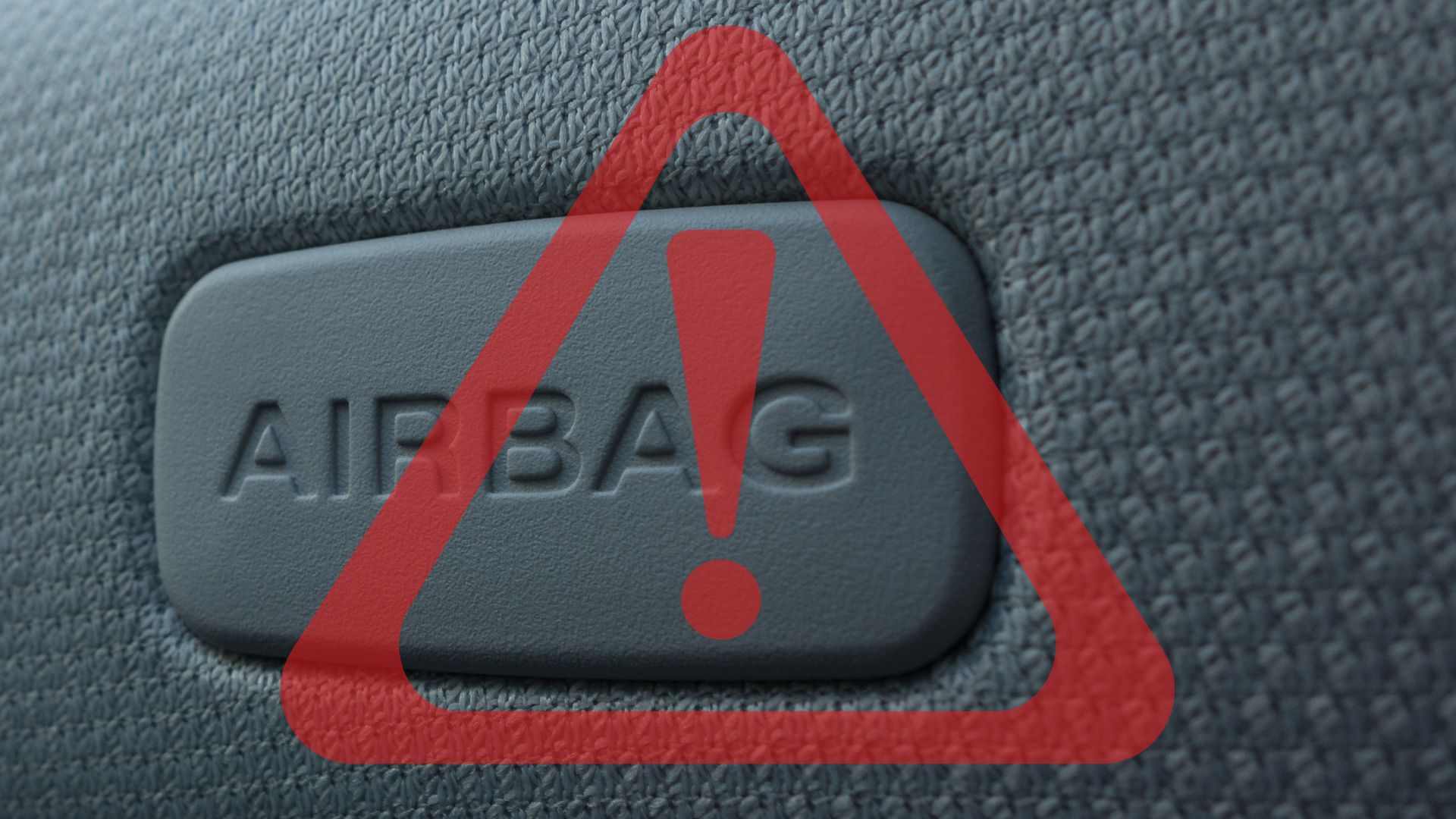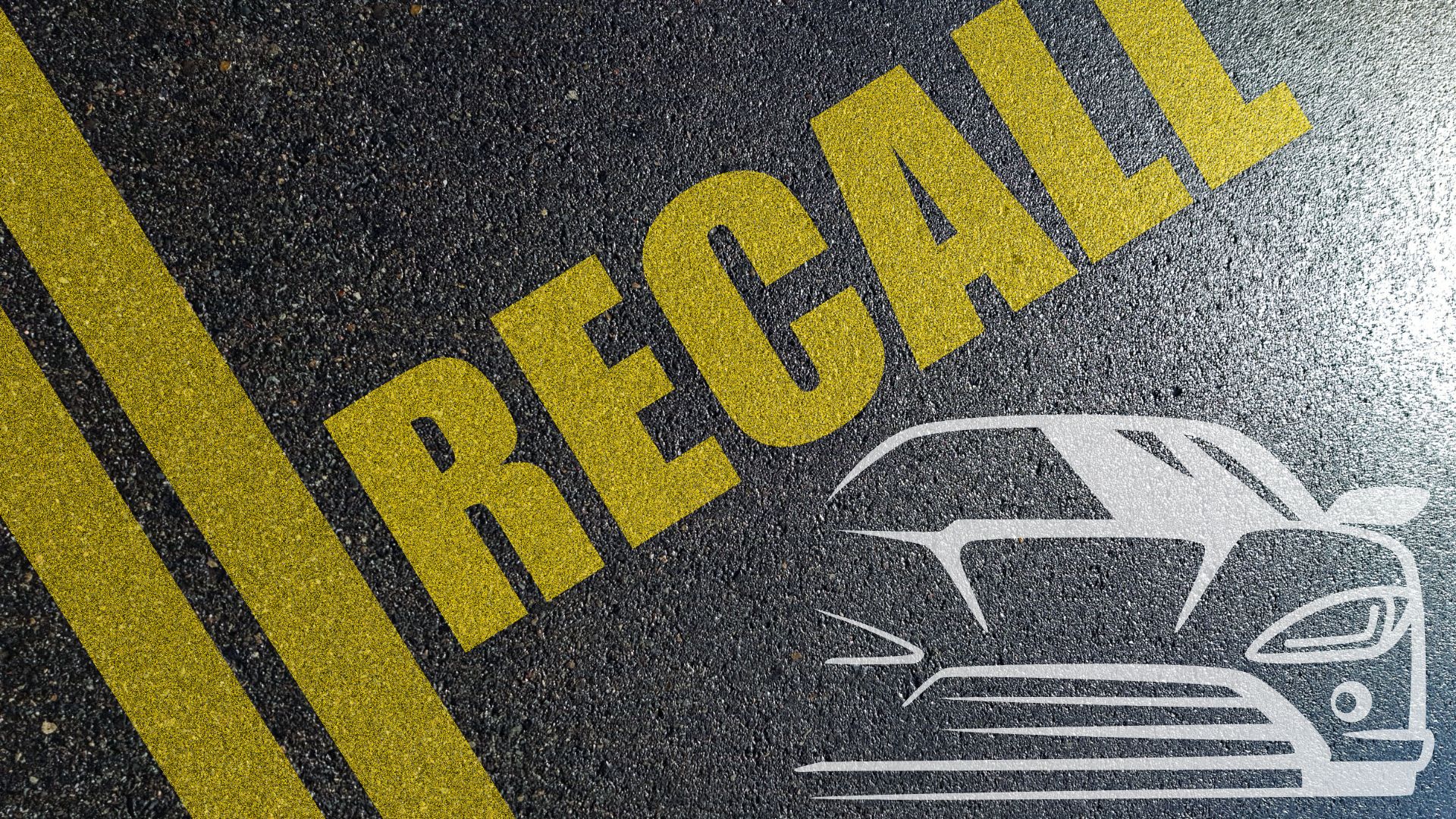The Hidden Costs of Ignoring Car Recalls on Your Insurance and Safety
Car recalls are issued for a good reason. Whether it’s a minor defect or a severe safety issue, automakers rely on recalls to fix potentially hazardous problems in vehicles they’ve manufactured. But what happens when you ignore a recall notice? Beyond the obvious safety concerns, overlooked recalls can come with costly consequences, including legal troubles, rising insurance rates, claim denials, and out-of-pocket expenses. Let’s explore these impacts in-depth and how you can proactively address recalls to safeguard your finances and wellbeing.
Understanding Car Recalls: What You Need to Know
Each year, automakers, through collaboration with the National Highway Traffic Safety Administration (NHTSA), issue millions of recalls. These notices aim to inform owners of identified defects that could compromise their vehicles’ safety or compliance with federal regulations. According to the NHTSA, nearly 35 million vehicles were recalled in 2023 alone. Recent examples include more than 500,000 vehicles recalled by Ford, Kia, and Jaguar in January 2025. Notable issues included potential airbag wiring failures in Kia hybrids and battery degradation problems for Ford Broncos and Mavericks.
While recalls range from software glitches to serious mechanical hazards, addressing them is typically straightforward. Automakers or dealerships inspect and repair the issue for free. Despite this, about 30% of recalled vehicles never receive repairs, leaving many drivers vulnerable to the consequences of unresolved issues.
Why Ignoring a Recall is Risky
Failing to act on a recall notice is more than just a missed opportunity for a free fix—it can have far-reaching implications.
1. Safety Risks and Legal Consequences
Ignore a recall, and you could drive a vehicle with significant mechanical liabilities. For instance, faulty airbags in the 2023-2025 Kia Niro hybrid models could fail to deploy properly, increasing the risk of injury or death during an accident. Not only do these risks endanger you and your passengers, but if an unresolved defect results in injuries to others, you may face lawsuits or legal penalties.
2. Insurance Challenges
Your car insurance could also be affected. Many people mistakenly believe that a recall has no direct bearing on insurance coverage. However, if you crash due to an ignored recall-related issue, insurers may view this differently. For example:
- Claim Denials: Some insurers reserve the right to deny claims if an accident stems from an unresolved recall defect. Imagine getting into a collision caused by the Ford Bronco’s failing shock absorbers, as specified in the recent January 2025 recall, and having your insurer outright decline your claim.
- Higher Premiums: Even when claims aren’t denied outright, a safety claim related to an ignored recall could prompt insurers to raise your rates significantly.
These outcomes underscore why keeping your vehicle in compliance with recalls matters.
3. Out-of-Pocket Expenses
The irony of not fixing a recall is that it often costs less, or even costs nothing, to repair the defect compared to the potential expense of damages and repairs caused by ignoring it. For instance, Ford’s January 2025 recall involved over 270,000 vehicles with defective 12-volt batteries that could fail and leave drivers stranded. Addressing the recall promptly would save significant towing, repair, and injury-related costs down the line.
Real-Life Impact of Ignoring Recalls
Michelle Mock, a driver from Pottsville, shared her perspective on recalls, emphasizing how simple manufacturers make the repair process. “I got a recall for my GMC windshield wipers. I just called, mentioned it to the dealer, and they handled it.” Unfortunately, not everyone acts as promptly. Roughly 30% of vehicle owners ignore recall notices, either due to inconvenience, skepticism, or unawareness. Those who delay often shift the risks to others if they eventually sell the vehicle without disclosing the unresolved recall.
Another example includes the recent Ford Mustang 2024 recall for clutch pressure lines. Ignoring such issues could lead to brake fluid leaks, stalls, or complete drive power loss—any of which could result in accidents with devastating consequences for both the driver and other road users.
Insurance Claims: The Impact of Ignoring Recalls
The relationship between vehicle recalls and insurance outcomes is intricate but vital for every driver to understand:
- Protection Denials: If a denied insurance claim results from ignored defects, you’ll be financially liable for damages out-of-pocket.
- Accountability Claims: Insurers could argue negligence on your part for overlooking critical safety repairs, complicating liability arrangements when claims arise.
- Policy Cancellations: Ignoring major recalls repeatedly could mark you as high-risk to insurance carriers, potentially jeopardizing future coverage.
How to Stay Ahead of Recalls
Thankfully, staying proactive with recalls is relatively simple. Here are five actionable steps to manage vehicle recalls effectively:
-
Check Regularly: Use the NHTSA website or their app to check for open recalls at least twice a year. All you need is your Vehicle Identification Number (VIN).
-
Act Promptly: Once notified, prioritize scheduling an appointment with your dealer. Repairs tied to recalls are always free under federal law.
-
Be Vigilant When Buying Used Cars: If you’re purchasing a pre-owned vehicle, ask the seller for maintenance and recall records, or check for open recalls using the VIN.
-
Save Relevant Documents: Keep proof of recall repairs for your records. This ensures you’re covered in the event of disputes with insurers.
-
Advocate Safety for Others: If you sell your vehicle, disclose outstanding recalls to potential buyers to avoid legal conflicts later.
Final Thoughts
Ignoring a car recall may feel inconsequential at first, but the ripple effects it poses—on safety, legal accountability, and insurance fairness—cannot be understated. Almost 35 million vehicles were recalled last year, a confirmation that defects, while common, should never be downplayed. Whether it’s the Kia wiring defect that could disable airbags, or the Ford Bronco’s shock absorber issues, prompt attention is the key to safeguarding your peace of mind.
By taking recalls seriously, not only do you ensure your safety and financial stability, but you also contribute to the overarching goal of safer roads for everyone. If you’re unsure about your vehicle’s recall status, don’t wait. A few minutes of proactive action today can save you hundreds or even thousands in the future—along with the well-being of you and your loved ones.


